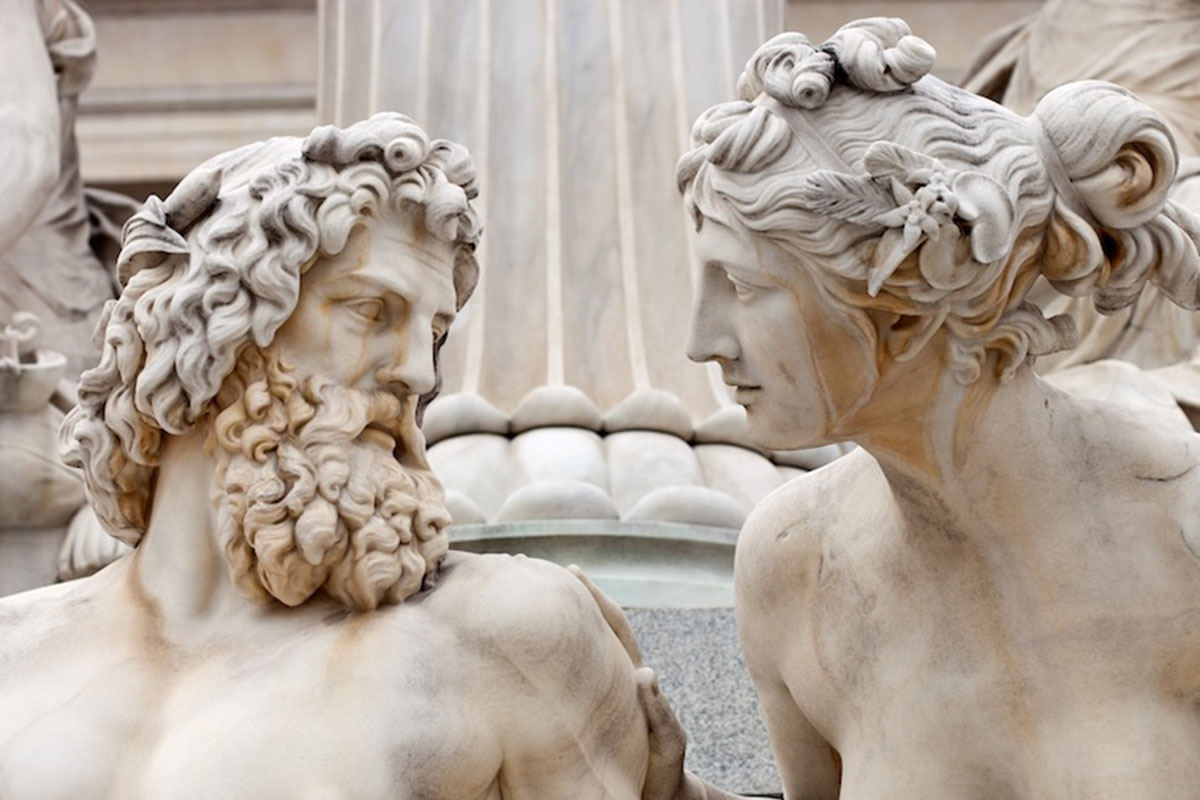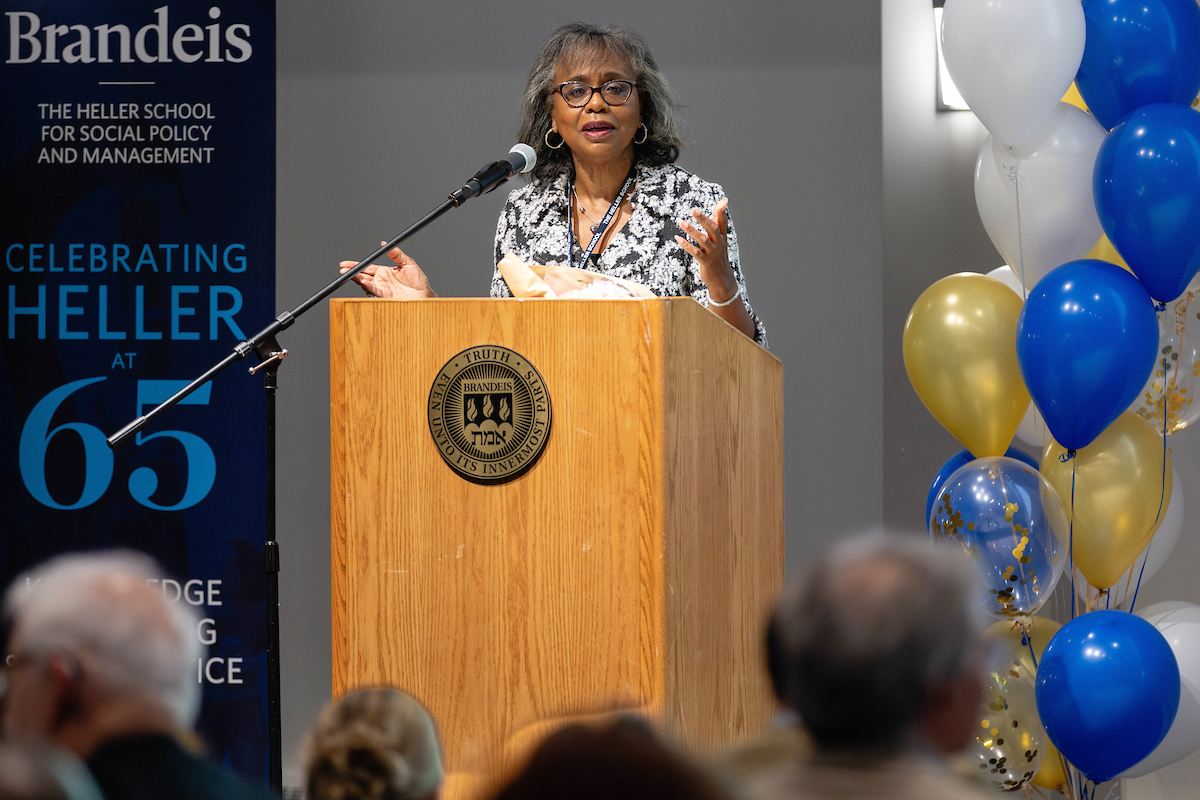Defining love in ancient times
Brandeis classicist Joel Christensen has some thoughts about love—and the subtle ways that the ancient Greeks once defined it.

Photo Credit: Getty Images
By Joel Christensen ’01, GSAS MA’01
February 13, 2025
As a classicist, I am often asked for Greek and Roman reflections on love for holidays and weddings. I usually admit at the outset that ancient ideas about love rarely match modern expectations. Take, for example, Homer’s “Odyssey,” when Odysseus wishes a young princess to have “like-mindedness with her future husband, which is the best thing for a man and woman to have–bringing great pains to their enemies and delights to the gods…”. Admittedly, this doesn’t work so well on a Hallmark card.
Ancient ideas about love and marriage don’t exactly match the modern view. Romantic love was a later invention, but this doesn’t quite capture the whole truth. Ancient authors simply talked about love differently than we do. In ancient Greece, marriage was largely about children, inheritance, and political organization; it was, as with much of the world still, not about the courtly love we find in our romantic comedies. But the ancients weren’t free of passion (or necessarily shy about sex).
A few years ago, a superbowl ad from a major insurance company offered definitions for four types of love from ancient Greece: philia, the love of friendship; storgē, the love of families; erōs, lust or sexual desire; and agapē, a love inspired by wonder. The commercial tugs at our heartstrings: Agapē, it claims, is the most admirable form of love, one that inspires sacrifice and a will to act selflessly for others.
The commercial’s sentiment is lovely, but it’s off the mark: No one in ancient Greece would have agreed with those definitions. According to the early Greek philosopher, Empedocles, the fundamental forces of the universe are desire and repulsion, with everything down to its atomic core being moved by attraction and strife. Love, in other words, is at the root of everything around us, an existential power that can bring our world into existence — or, to crib from the band Joy Division — tear us apart.
The Ancient Greeks also believed that love helps to tell us who we are. My favorite version of this sentiment is the story told by Aristophanes in Plato’s “Symposium.” He says that the origin of our desire is that all human beings were really two people, but we were so threatening to the gods that Zeus split us in half. We are doomed to spend our lives searching for the one who makes us whole again, and this is why we are so clumsily engaged in casting about for one another. When we find that other half of our true selves, it makes us whole again. But it also helps us remember who we were supposed to be.
One of the most emotional examples of this appears in Homer’s “Iliad.” After Achilles has discovered that his best friend and likely lover, Patroklos, has died fighting in his place, he laments that he had always imagined that he himself, Achilles, would die and that Patroklos would live on in his place, returning to his home and introducing Achilles’ son Neoptolemos to his father. Achilles’ desire here isn’t simply friendship, or sexual desire, or family love: It is that love that makes you put someone else before yourself and suffer so much when you fail to.
Love is much more than a single word. It is a reflection of who you are and who you want to be in the world. In that sense, the Greek poet Sappho probably put it best:“Some say a force of horsemen, some say infantry, / and others say a fleet of ships is the loveliest thing on the dark earth, / but I say it is the one you love.” Whatever you call it, we are defined by what we love, and by what we cannot live without.



